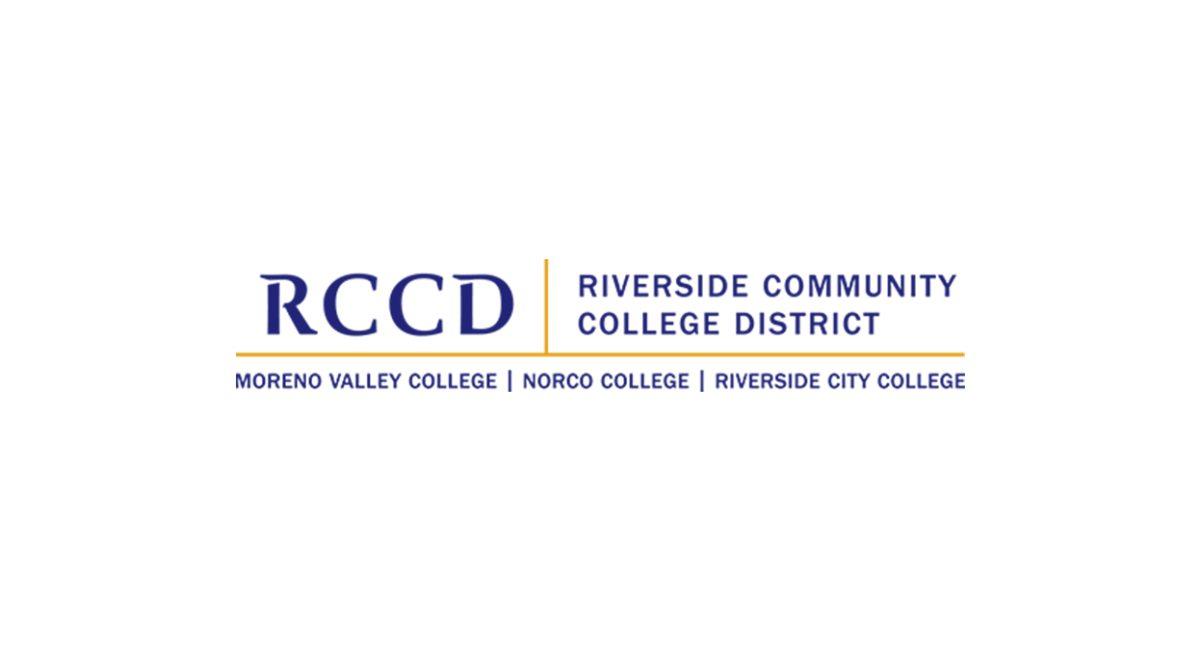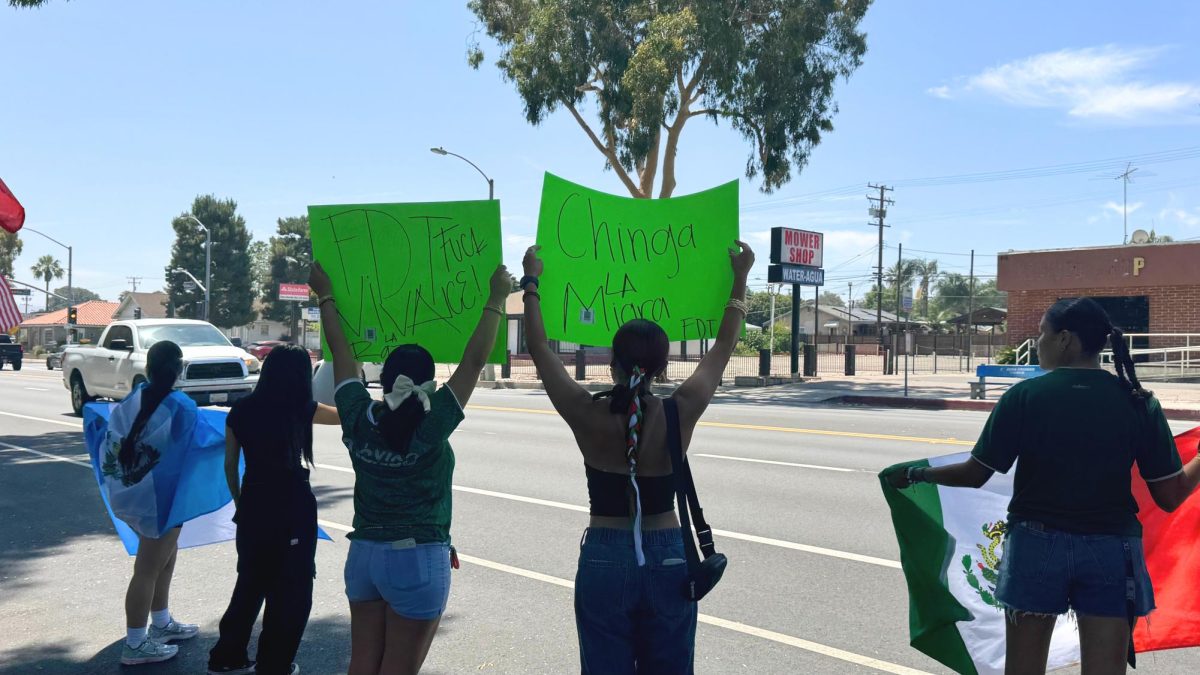By Erik Galicia
A task force is making recommendations for the safe reopening of the Riverside Community College District.
“This is a very large task,” Robin Steinback, Moreno Valley College president and head of the new task force, said at the Board of Trustees meeting May 19. “It’s much easier to invite people to leave than it is to bring them back.”
The committee has put together workgroups to address lab settings, lectures, facilities operations, student services, academic support, communication and safety protocols.
Because the task force is still in its early stages, the groups have met only a handful of times. Workgroups are growing by the day as participation from student government, staff and faculty is invited.
“All stakeholders who are represented have been invited to participate,” Steinback said. “We want this to be as broadbase a task force as possible so that we can do a thorough review and make thoughtful recommendations to Chancellor (Wolde-Ab) Isaac.”
The task force has also created eight guiding principles, of which Isaac said the most important is the safety and well being of students and all employees. The principle of equity-minded decision making that ensures care for the most vulnerable students is also at the forefront.
“When we look at the rapid change to online, it’s the least privileged of our students who are challenged most,” Isaac said. “Therefore our goal to fight for equity is compromised by COVID-19. We need to go back to what works, what contributes to our students’ successes.”
The chancellor reiterated that all summer and fall 2020 lectures will remain online.
According to Gregory Anderson, president of Riverside City College, the task force is reviewing all activities performed within the district’s three colleges but it is still too soon to speculate on final decisions.
Many remain uneasy.
RCC student Sabrina Jacobo expressed skepticism and hopes that sanitization standards are held high. She urged for the requirement of masks and other personal protective equipment.
“One person’s mistake can spread too quickly,” Jacobo said. “I will not allow myself to be in a classroom where I’m too close to another student.”
Elisabeth Thompson-Eagle, an RCC biology instructor, raised concern for those who are immunocompromised.
“Not everyone is in the same boat,” Thompson-Eagle said at the RCC Academic Senate meeting May 18. “What if we have people who are not ok with doing face-to-face instruction, even with social distancing?”
According to Rhonda Taube, president of the District Faculty Association, reopening will be based on guidelines set forth by the CDC and the American Federation of Teachers, which stresses social distancing and provisions for COVID-19 testing resources.
“We safeguard all our faculty working conditions and students,” Taube said at that meeting. “We don’t want to put anybody back into a situation that they don’t feel comfortable in.”
Isaac stressed the importance of acquiring safety advice from the proper people. Because the Riverside County Board of Supervisors voted against local health orders May 8, the district has been referred to the state’s capital for safety guidance. This makes things difficult due to Sacramento’s bureaucratic nature, according to the chancellor.
“We’re dealing with a virus that is very new,” Isaac said. “The symptoms it causes are changing by the day. We have to understand all precautionary measures.”







